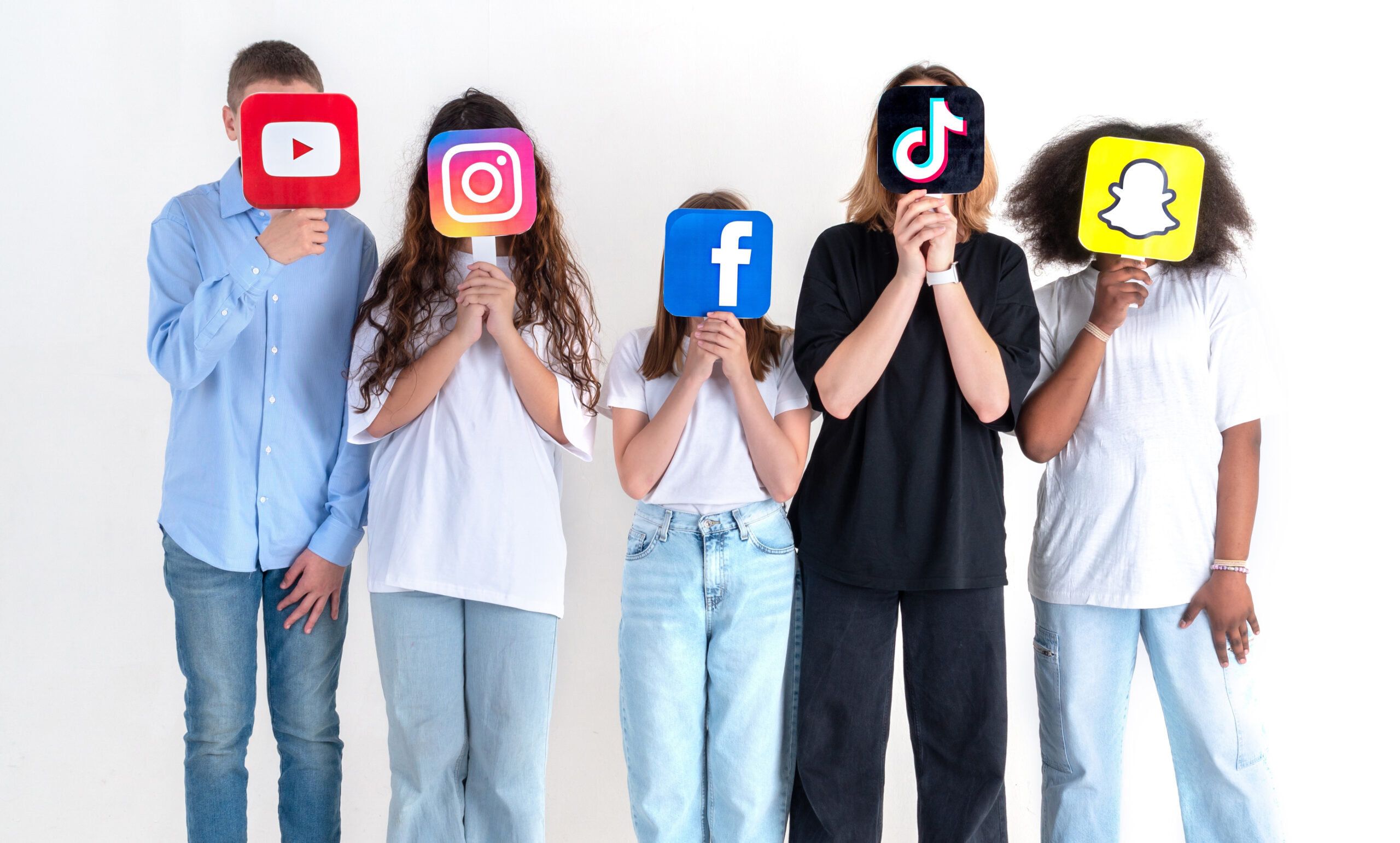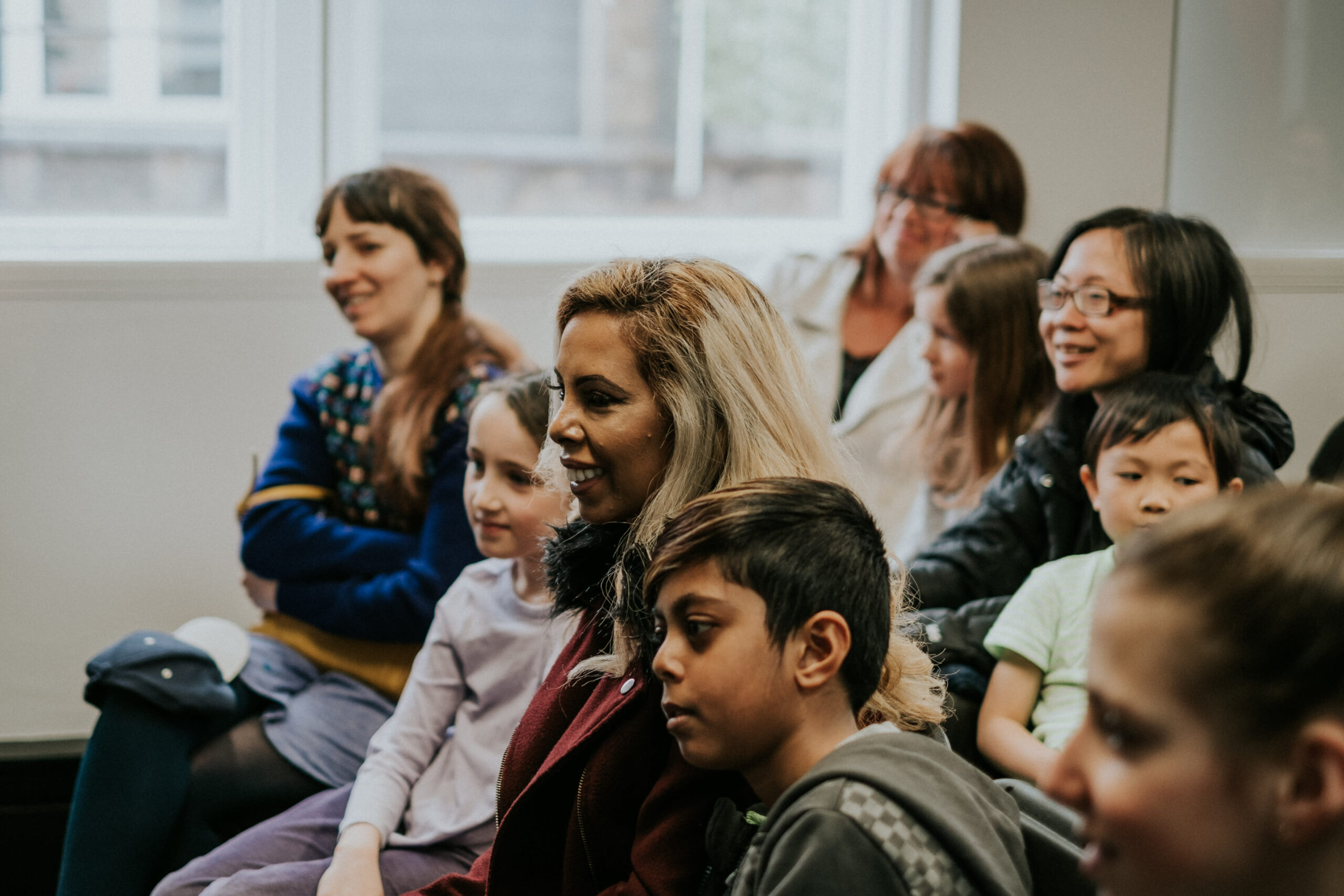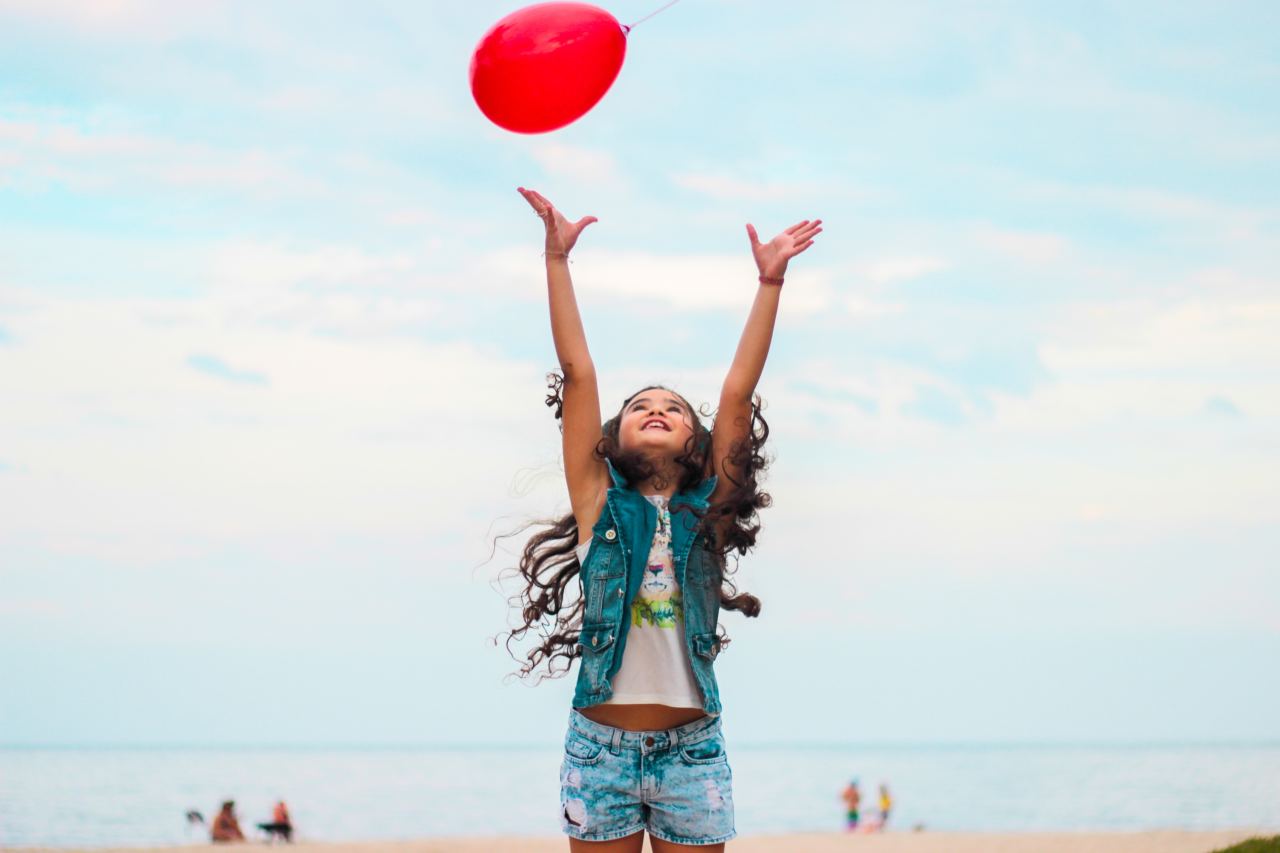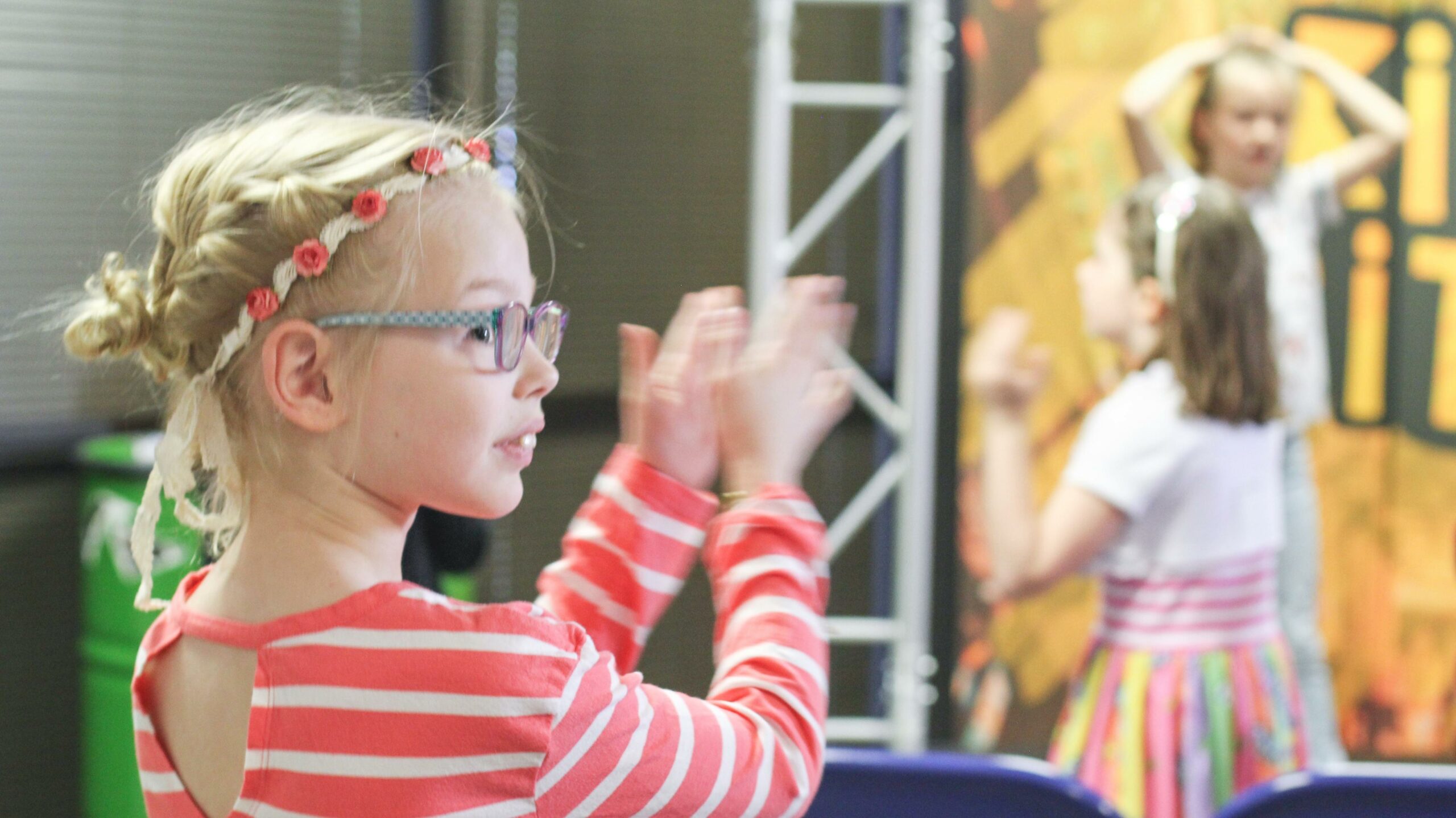Guidance from the AYPA for parents, agents and professionals to navigate social media responsibly while prioritising the safety and wellbeing of young performers.
Social media is on the rise and as a result, you may feel pressure as a parent to create a social media profile for your child to help promote their acting careers. However, an online presence isn’t without its risks. There’s a reason that social media platforms in the UK require users to be at least 13 years old to join.
To help parents and industry professionals understand the potential dangers and impact that social media can have on young performers, the Agents of Young Performers Association (AYPA) has put together this helpful guide to establish the risks and best practices for the use of social media.
Here are the associated risks that the AYPA have identified for a young performer being on social media and the steps you should take to protect them:
The Risks of Social Media
While personal branding is important for any aspiring actor, the belief that a social media account will increase a young performer’s chances of being cast is largely untrue. It can be a useful marketing tool, but it’s not essential. It’s important to be aware of the risks and negative consequences that improper social media use can lead to for young performers:
Sharing Personal Information
Beware of accidentally revealing sensitive details about a young performer’s location, which could make it easier for stalkers and predators to locate and approach them, such as:
- Where they train
- The school they attend
- Dance festivals, workshops or competitions they participate in
If you wouldn’t disclose something to a stranger in person, then don’t put it online.
Be mindful that some individuals can track home addresses by connecting parents’ details with business registries like Companies House.
Sharing a young performer’s Spotlight profile link makes private industry information publicly accessible.
Emotional and Mental Health Impact
With the visibility that social media brings, young performers are also exposed to:
- Harsh criticism and online trolling, which can severely impact self-esteem.
- Unrealistic comparisons between themselves and other young performers landing prestigious roles, which can lead to feelings of inadequacy.
- Pressure to maintain an online persona who is ‘perfect’ and can add to insecurities.
Long-Term Consequences for a Young Performer’s Career
Anything posted online could resurface years later and impact the young performer’s reputation and future career opportunities, especially if they’re in a high-profile production, where fans and the media could scrutinise all those old posts.
If they’re fortunate enough to land a high-profile role as a young performer, this sudden rise to fame could lead to an overwhelming loss of privacy, with all the information on their social media profile being publicly available.
Best Social Media Practices for Parents
As stated before, social media users need to be at least 13 years old to join the platform to align with data protection laws. For this reason, a young performer’s parents will most likely be in control of their profile and it’s important to ensure that the following best practices are being followed:
- Keep the account private.
- Only post images or videos already in the public domain (such as production stills and commercials).
- Don’t share pictures of your child in dancewear, swimwear or other revealing attire.
- Only allow followers from known individuals or those who can be verified.
- Only use direct messaging with known contacts.
- Do not include identifying details in the bio (e.g. school, training locations).
- Don’t share your child’s Spotlight profile link.
- Prevent the account from being tagged in posts to reduce visibility.
- Avoid using the full name of the child.
Most importantly, a parent should never feel pressured to create a social media profile for their child. The child’s safety, privacy and well-being are always more important than being marketed.
Best Social Media Practices for Agents
An agent will better understand the benefits of having social media profiles for their clients, but safeguarding young performers must remain the priority, so they should:
- Only use the young performer’s first name.
- Avoid tagging a young performer’s social media account.
- Never mention locations, schools or training institutions.
- Never share young performer Spotlight profile links.
- Ensure young performers and their parents are complying with the production company’s social media guidance when working.
- Closely monitor a young performer’s social media account (in the event a high-profile production requires it) and their parents should be consulted on all decisions related to it.
Best Social Media Practices for Other Industry Professionals
If you are a photographer, casting director, producer, dance and/or theatre school or acting coach, you should follow the same practices as recommended for agents above. In addition, you should:
- Always obtain consent from both the agent and the parent before sharing any images or details about a child.
- Avoid geotagging or including specific locations.
- Be aware of your Duty of Care and maintain ethical standards when working with young performers.
It isn’t the AYPA’s aim to scare parents away from social media, but rather to offer guidance in helping them be aware of the potential risks and encourage responsible use. By following the above guidelines, we can create a safer online environment for young performers while supporting their careers responsibly.
Take a look at the AYPA’s full document on social media guidance for more information.
More tips and advice for young performers and their parents can be found in on our News & Advice page.
